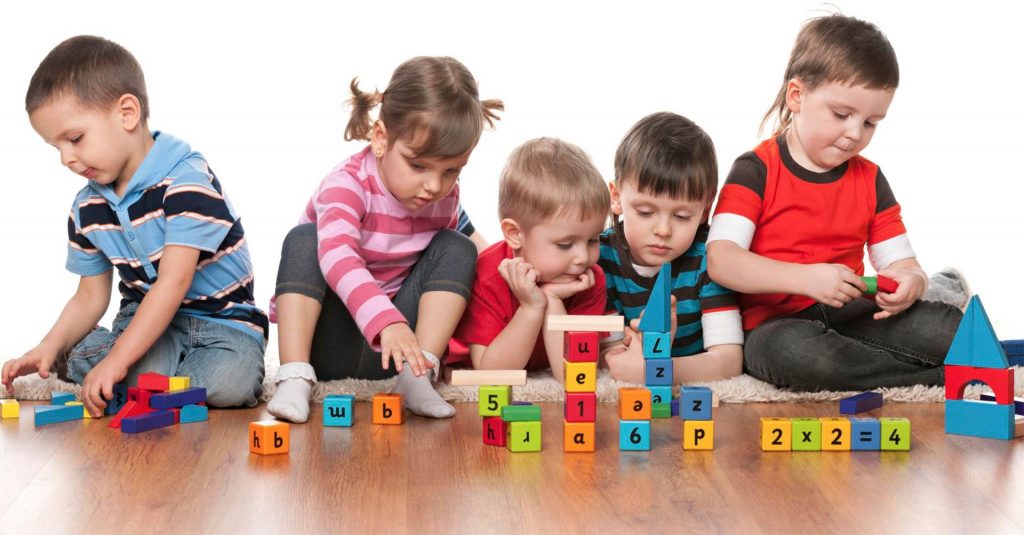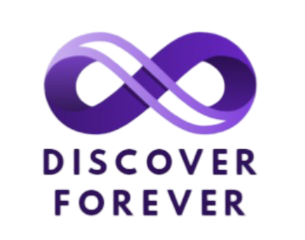Kid advancement brain research is the investigation of why and how youngsters change over the long run. Scientists who study youngster improvement issues are called formative clinicians. In kid improvement brain science there is an endeavor to recognize and portray a kid’s conduct and clarify why a kid creates with a certain goal in mind. Youngster improvement brain science likewise utilizes conduct mediation trying to coordinate a kid’s conduct in a positive manner.
One of the significant objectives of kid improvement brain science is to distinguish and clarify certain standards of conduct of youngsters, as depict the most plausible way that kid is destined to develop and create. Youngster improvement brain science makes it conceivable to distinguish on the off chance that a kid is not meeting his formative achievements, and afterward recommend approaches to get the kid back progressing nicely.
A significant objective in kid improvement brain research is to clarify why formative changes happen in youngsters. Kid therapists utilize three kinds of clarifications to clarify a kid’s conduct, which are conduct clarifications a kid’s hereditary legacies mental clarifications including a kid’s character, and their needs, needs and inspirations and social clarifications the effect a youngster’s current circumstance has on his turn of events. When a youngster advancement clinician has depicted and clarified a kid’s conduct they contrast this and data assembled from portrayals of other kids. This permits the expert to decide whether a youngster is developing and creating at an ordinary rate.

It likewise permits experts to perceive and recognize formative postponements in a child development, and mediate with the goal that a youngster is upheld and given the intercession she needs to help her novel development and improvement.
The logical technique that is utilized to contemplate youngster advancement includes five stages. Youngster improvement therapists watch a kid’s conduct, and afterward anticipate the result of that conduct dependent on past examinations. They test their speculation through perceptions, meetings and contextual investigations, and afterward they reach an inference dependent on the aftereffects of their test outcomes. The last advance is to distribute their discoveries, with the goal that others can break down the outcomes.
While trying to comprehend a kid’s development and improvement there are some progressing hypothetical and philosophical contentions in youngster advancement brain science. One of those contentions is the nature/support discussion. This is a discussion focusing on which impact has the most impact on a youngster’s conduct; nature their hereditary qualities or support their current circumstance.
Another contention in youngster advancement brain research is the development/learning discussion. This is a discussion that addresses whether a youngster’s conduct has changed in light of the fact that he has organically developed or in light of the fact that he has taken in another expertise. A behaviorist is a kid advancement clinician who accepts that learning is the main impact on a youngster’s turn of events.
The action/aloofness discussion discusses whether a kid learns in an inactive manner, because of the climate they are given, or in light of the fact that they effectively search out learning encounters.
